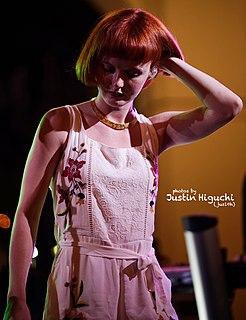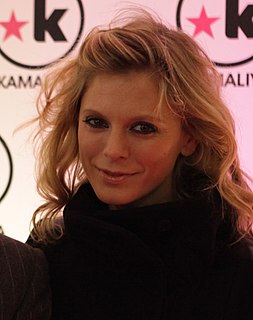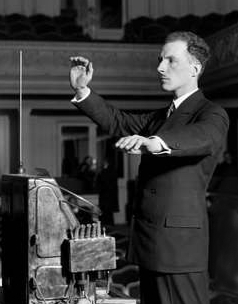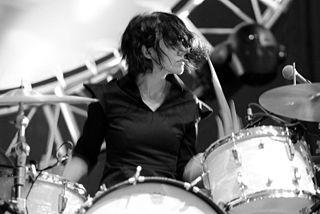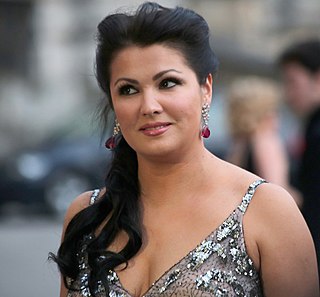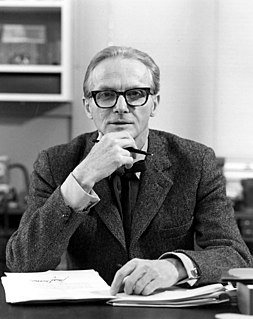A Quote by Daniel Barenboim
I always maintain that playing in an orchestra intelligently is the best school for democracy. If you play a solo, the conductor and everybody in the orchestra follows you. Then, a few bars later, the main voice goes to another instrument, another group, and then you have to go back into the collective [sound]. The art of playing in an orchestra is being able to express yourself to the maximum but always in relation to something else that is going on.
Quote Topics
Related Quotes
I was in orchestra in high school, but I really started when a friend of mine who's a drummer showed me some things. I was always just really fascinated with drums, it was the instrument I was always drawn towards. My ear sort of went to rhythmic aspects of music and songs. But he really was the beginning point of starting me on drum sets; like I said, I was in the orchestra first and I was playing orchestral snare and mallet instruments first.
The great myth is the manager as orchestra conductor. It's this idea of standing on a pedestal and you wave your baton and accounting comes in, and you wave it somewhere else and marketing chimes in with accounting, and they all sound very glorious. But management is more like orchestra conducting during rehearsals, when everything is going wrong.
Most of the time, I'll be conducting the orchestra, but there will be some pieces that I'll be playing an instrument as well, just because I love playing. There's pieces where I want to grab an instrument and play with the rest of the group, like 'The Light of the Seven,' for example; I would love to play the piano for that.
There are two types of conductors. One is the good conductor who can do passionate music but also listen to the singers and do the orchestra. And then there are great conductors, who have their own opinion on the music, who are ruling everything - and not listening much to the singers, but the orchestra play amazingly.
What I really enjoy is not you; it's something that's greater than both you and me. It is something that I discovered, a kind of symphony, a kind of orchestra that plays one melody in your presence, but when you depart, the orchestra doesn't stop. When I meet someone else, it plays another melody, which is also very delightful. And when I'm alone, it continues to play.

